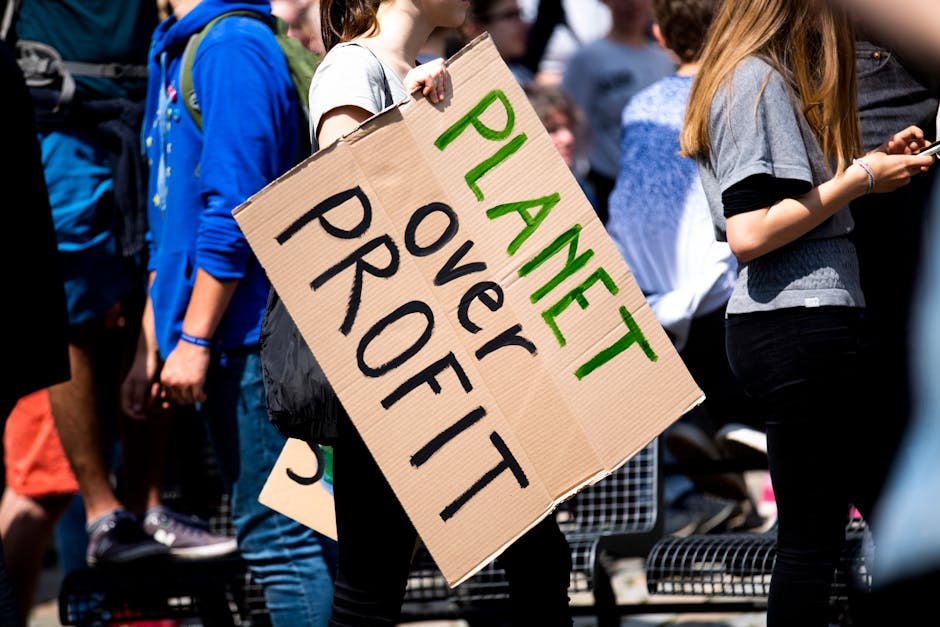As a lifelong resident of a coastal town, I have witnessed firsthand the devastating effects of climate change. Rising sea levels have eroded our beaches, flooding homes and businesses. Extreme storms have become more frequent and intense, causing widespread damage. The once-familiar rhythm of nature has been disrupted, and our community is paying the price.
**The Science Behind Global Warming**
Global warming, also known as climate change, is the gradual increase in the Earth's average temperature due to the accumulation of greenhouse gases in the atmosphere. Greenhouse gases, such as carbon dioxide and methane, trap heat from the sun, leading to a rise in global temperatures. Human activities, particularly the burning of fossil fuels, have significantly contributed to the increase in greenhouse gas emissions.
**Impacts of Climate Change**
The impacts of climate change are far-reaching and include:
* **Rising Sea Levels:** Melting glaciers and ice caps cause sea levels to rise, threatening coastal communities and ecosystems.
* **Extreme Weather Events:** Climate change is intensifying the frequency and severity of extreme weather events, such as hurricanes, floods, and droughts.
* **Changing Ecosystems:** Climate change is disrupting ecosystems, altering plant and animal life, and reducing biodiversity.
* **Health Impacts:** Rising temperatures and air pollution can lead to respiratory and cardiovascular problems, heat-related illnesses, and the spread of infectious diseases.
**Mitigation and Adaptation**
Addressing climate change requires a two-pronged approach:
* **Mitigation:** Reducing greenhouse gas emissions by transitioning to renewable energy sources, improving energy efficiency, and implementing sustainable land-use practices.
* **Adaptation:** Preparing for the impacts of climate change by building seawalls, strengthening infrastructure, and investing in disaster preparedness.
**Individual Responsibility**
While global warming is a complex issue that requires collective action, individuals can play a significant role in reducing their carbon footprint and mitigating climate change. Simple steps include:
* Reducing energy consumption at home and work
* Choosing renewable energy options
* Conserving water
* Recycling and composting
* Supporting businesses that prioritize sustainability
* Advocating for climate action at local, state, and national levels
**Conclusion**
Climate change is a serious threat to our planet and our communities. By understanding the science behind it, its impacts, and the steps we can take to address it, we can work together to protect our future and ensure that generations to come can enjoy a habitable planet.

